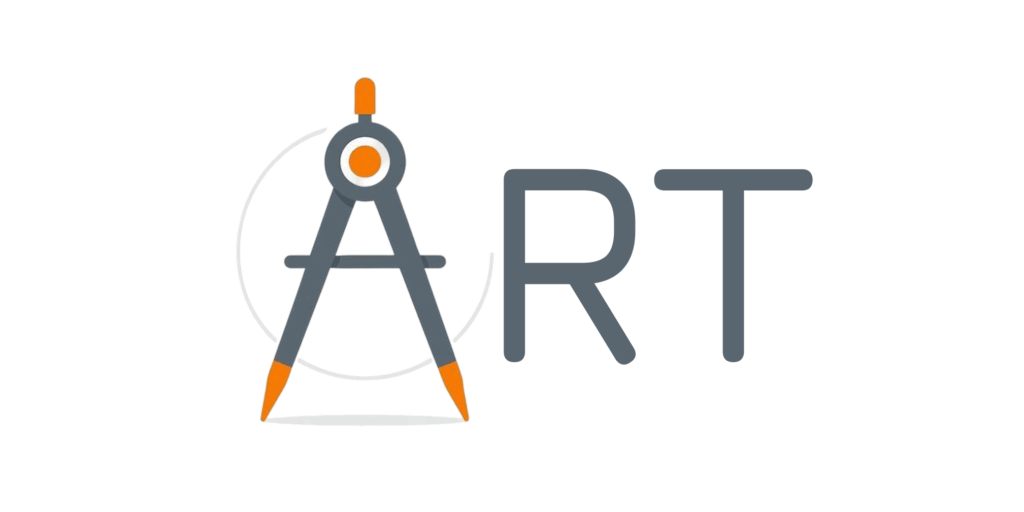ART
Basic Information
ART (Agent Reinforcement Trainer) is an open-source reinforcement learning framework designed to train multi-step, LLM-based agents to perform real-world tasks by letting models learn from experience. The repository provides tooling to integrate GRPO training into Python applications via an OpenAI-compatible client and a separate server that runs inference and training on GPU-enabled machines. ART includes example notebooks and end-to-end workflows for tasks such as MCP•RL (specializing models to use Model Context Protocol servers), email search (ART•E), and game-playing examples like 2048 and Tic Tac Toe. The project supplies ergonomic wrappers, training loop orchestration, RULER-based reward scoring, and support for saving and loading LoRA checkpoints into vLLM during iterative training. Installation is available via pip and the code is published under the Apache-2.0 license.








